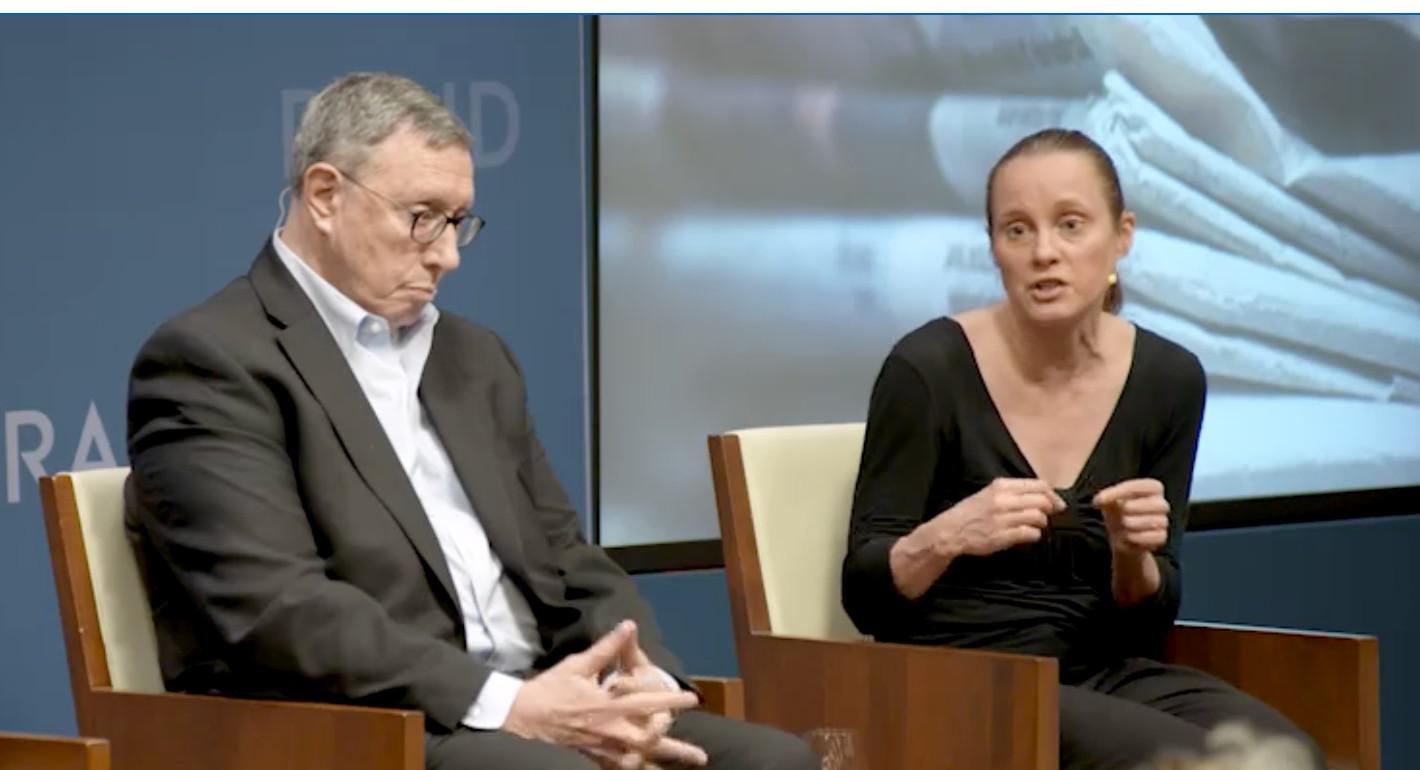Without coordinated national strategies that integrate across policy domains, even the most modernized military force is unlikely to succeed at advancing national interests. To compete with countries like Russia and China, the United States will need to ruthlessly prioritize across the many essential currencies of the emerging international system—not only military power but also diplomacy and alliances, information, economics, advanced technology, and many others. Yet the U.S. relationships with both Russia and China are still primarily framed and pursued with a narrow, security-focused lens.
I’ve spent the past ten years studying this problem. I observed the strategic tensions between military and nonmilitary instruments of power first-hand in my time as a researcher and director of the Army strategy program at the RAND Corporation. A consistent finding of my research was that military capabilities and activities are an essential but highly constrained component of state power, effective in pursuing only certain types of objectives.
In the decades after the Cold War, unrivaled military supremacy allowed the United States to achieve its aims around the globe without much attention to nonmilitary tools of statecraft. Russia’s invasion of Ukraine and China’s development of a sphere of influence in and outside of Asia, however, have underscored the limits of a foreign policy that has military power as its centerpiece and simultaneously highlighted the growing importance of other types of influence—financial, technological, and institutional.
I’ve also examined the problem from the inside out. U.S. competitiveness isn’t just about what America does in the world. It’s also about what’s going on in America. The ability of the United States to leverage power of any type depends on the resilience and unity of its domestic polity. On this measure, the United States faces significant threats.
In my work building and leading a major initiative on truth decay in America, I identified the far-reaching negative consequences of rapid changes to our information and media ecosystem when combined with our cognitive biases and worsening political, economic, and social polarization. The books I authored show that these dynamics result in a political paralysis that weakens U.S. resolve and credibility abroad and give rise to a divided public that is susceptible to foreign manipulation and willing to reject factual information in ways that undermine U.S. democracy.
An effective U.S. foreign policy requires solutions to these domestic pressures. A commitment to improving media literacy and renewing civic engagement will be essential, but efforts to bridge and reframe polarized divides and support institutions that retain public trust are also needed.
At Carnegie’s American Statecraft Program, we can use cutting-edge research and analysis to inform an approach to statecraft that incorporates domestic and international demands and that balances across military, economic, diplomatic, and other types of power. Multifaceted and interdisciplinary solutions will be critical, and I am excited to join my colleagues in identifying them.
